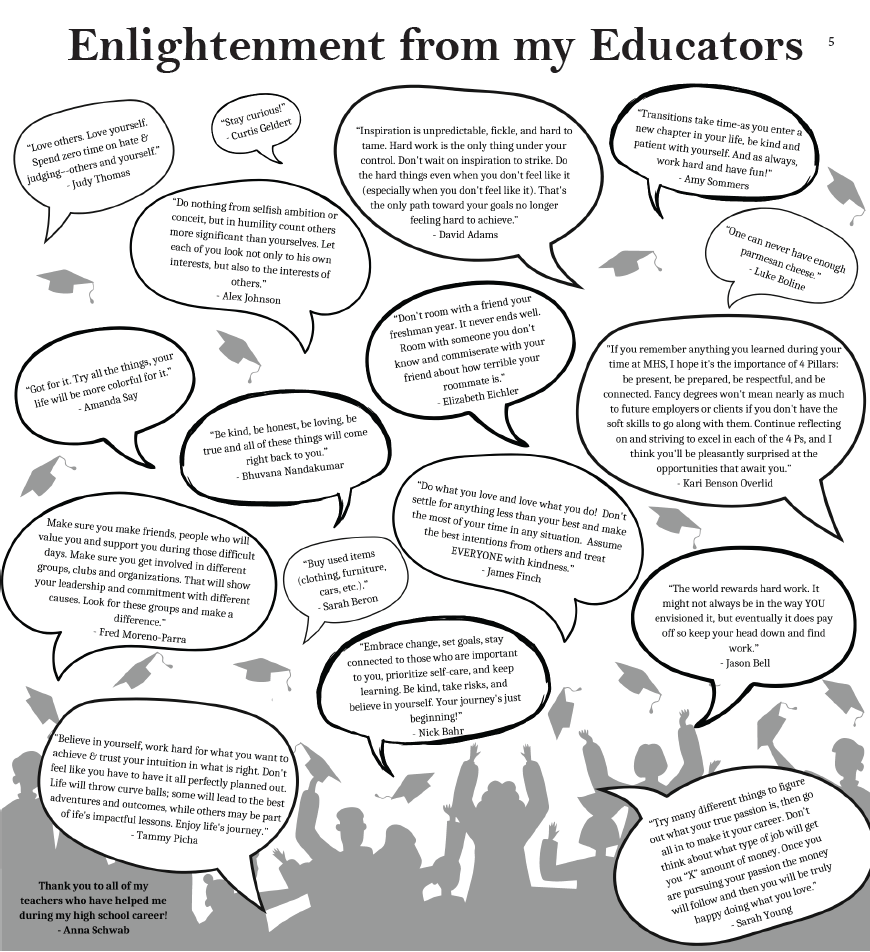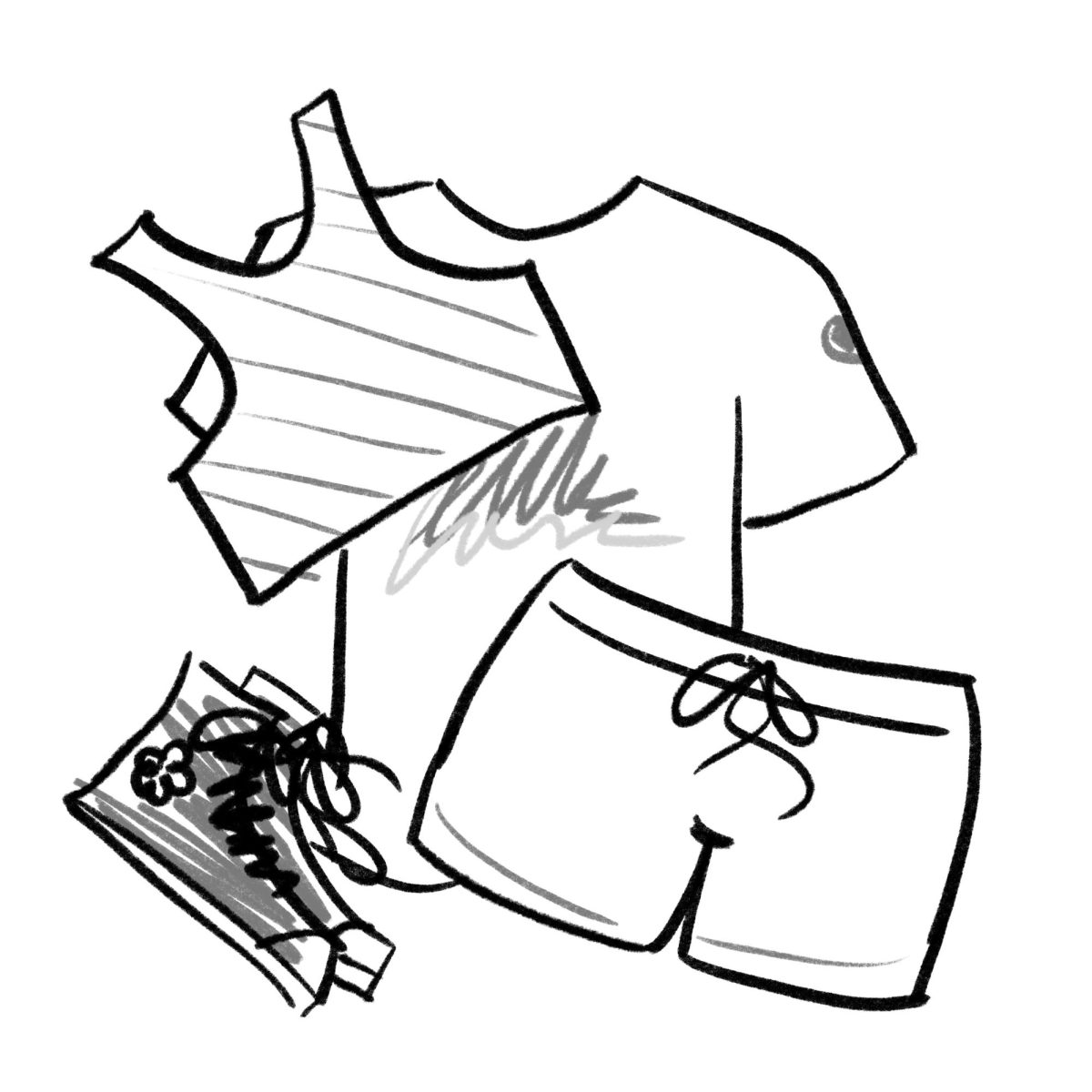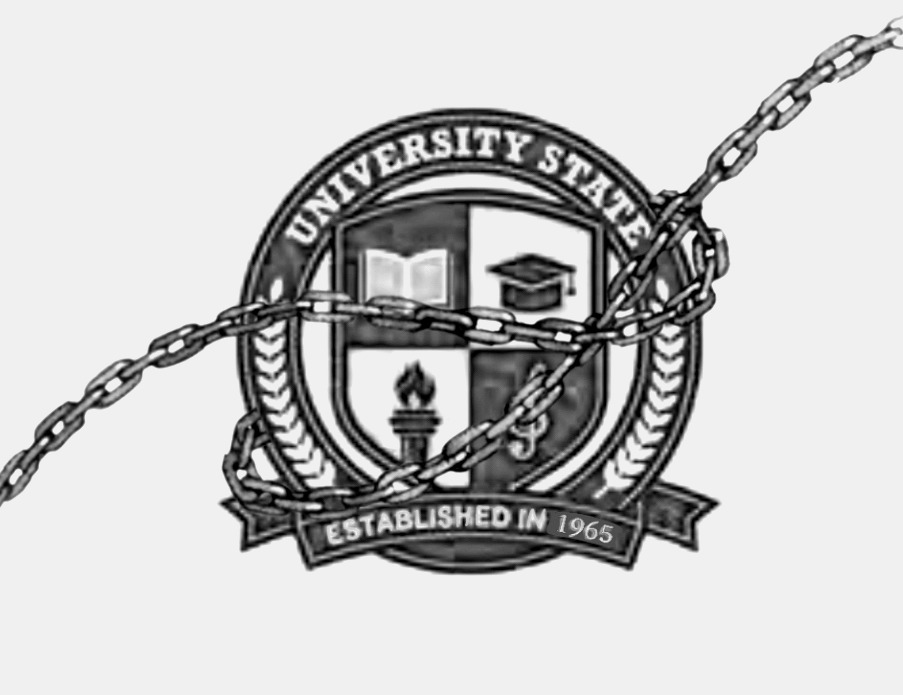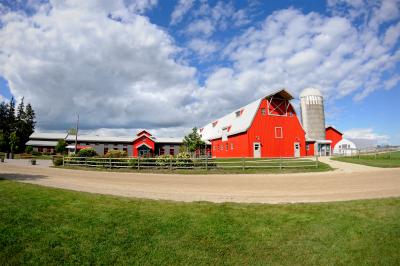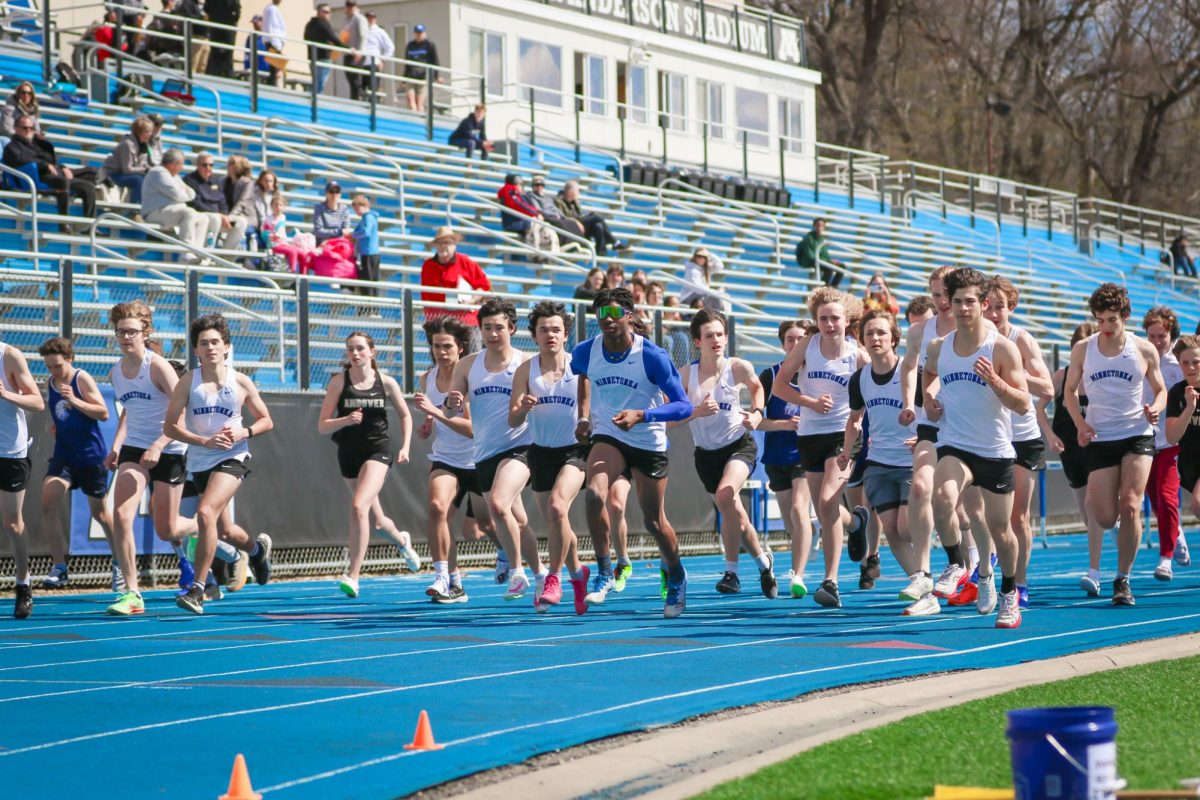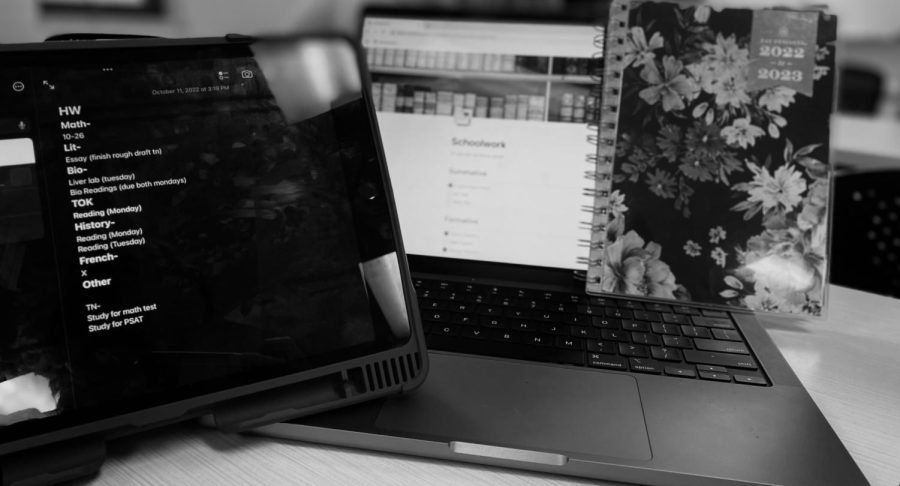Tips for Balancing Academics and Activities This Fall
October 28, 2022
With school and extra curricular activities in full swing, students may have a hard time knowing how to fit everything into their busy lives. Having practice 5-7 days a week and several clubs that meet once or twice a week, students can feel overwhelmed by the amount of after school commitment as well as attending classes and homework they receive on a daily basis.
David Bierly, who is a counselor at MHS as well as a freshman football coach for the Minnetonka football team, said, “Their own mental health and academics have to be the top priority.”
Participating in an after school sport or club can be fun, but it can also be time consuming and can sometimes get in the way of students’ academics. After school activities should help make students’ high school experience “more fun” and “not make it stressful to maintain your mental health and achieve at the level you are capable of achieving in school,” according to Bierly.
Another thing students might have trouble with is creating a set schedule to keep everything in check and give them enough time to prepare for the week. Bierly said, “Create a schedule that you follow every weekday that gives you enough time to do well academically.”
Every so often, students will go into the counseling office and talk about feeling overwhelmed and having a lot on their plate. Bierly said that one way he helps his students is by “helping them create a schedule” and “talking through the idea that it is okay to say no.”
Bierly also said that “a willingness to say no when you are feeling overwhelmed can give you a sense of control and prevent you from becoming stressed out because you have too much on your plate.”
Arsema Tadesse, ‘23, vocalizes mental health over everything. She communicates that students should give themselves some time to relax and take care of themselves.
“Give yourself some time, but also give some time to work on your academics so you can relax,” she said.
Sometimes school work can get difficult, and when asked how teachers and staff could help students stay on top of their work, Tadesse believes that they could make the lessons and homework more “interesting” and “engaging.”
Students who are participating in both academics and sports may find it difficult knowing which to prioritize and how to balance. Schedules can range from immediately after school until late
dinner time, as well as dreaded weekend practices.
Erica Foster, ‘24, a USA national team rhythmic gymnast, has already gone pro in her sport. In addition to being a successful athlete, she is a student with a rigorous academic schedule. When asked whether she feels school or sports take priority in her life, Foster responded that school is more of a priority for her. Prioritizing school can be a good safety net for students to find long term passions outside of athletics and give more options when looking at colleges. In order to have enough time for sports, Foster said she tries “to do as much school work during the day” in addition to taking time after practice and coming in early. Balancing school and activities is much easier when coaches are flexible.
At times coaches can simply be unaware of the toll school can take on busy students.
“Giving time between training” and “being willing to modify [her] training schedule to accommodate school work” are what Foster believes coaches could do to help with school and sports.
Coaches certainly play a big role in the lives of busy athletes. They are the ones who dictate how often practice is necessary, as well as have influence on mental health and mindset. As students follow through with their attendance and effort within extracurricular activities, coaches must do their part as well.
LeeAnn LeBlanc has been a girls cross country coach at Minnetonka for years. She said that she expects her runners to “develop time management skills,” for which she recommends a planner. A planner is a great tool to be aware of future competitions, upcoming assignments and scheduling to avoid conflict.
Post-practice productivity is very important as well. LeBlanc recommends athletes to “use athletics as one of your social outlets,” therefore any free time during the school week can be truly dedicated to studying.
While coaches are firm about their expectations, they also intend to help athletes succeed in school. LeBlanc helps her athletes by allowing athletes to “check in with each other” and “back off the intensity of the workout” when needed.
In order to maintain a balance between school and extracurricular activities, both coaches and students must follow through with their commitments.


